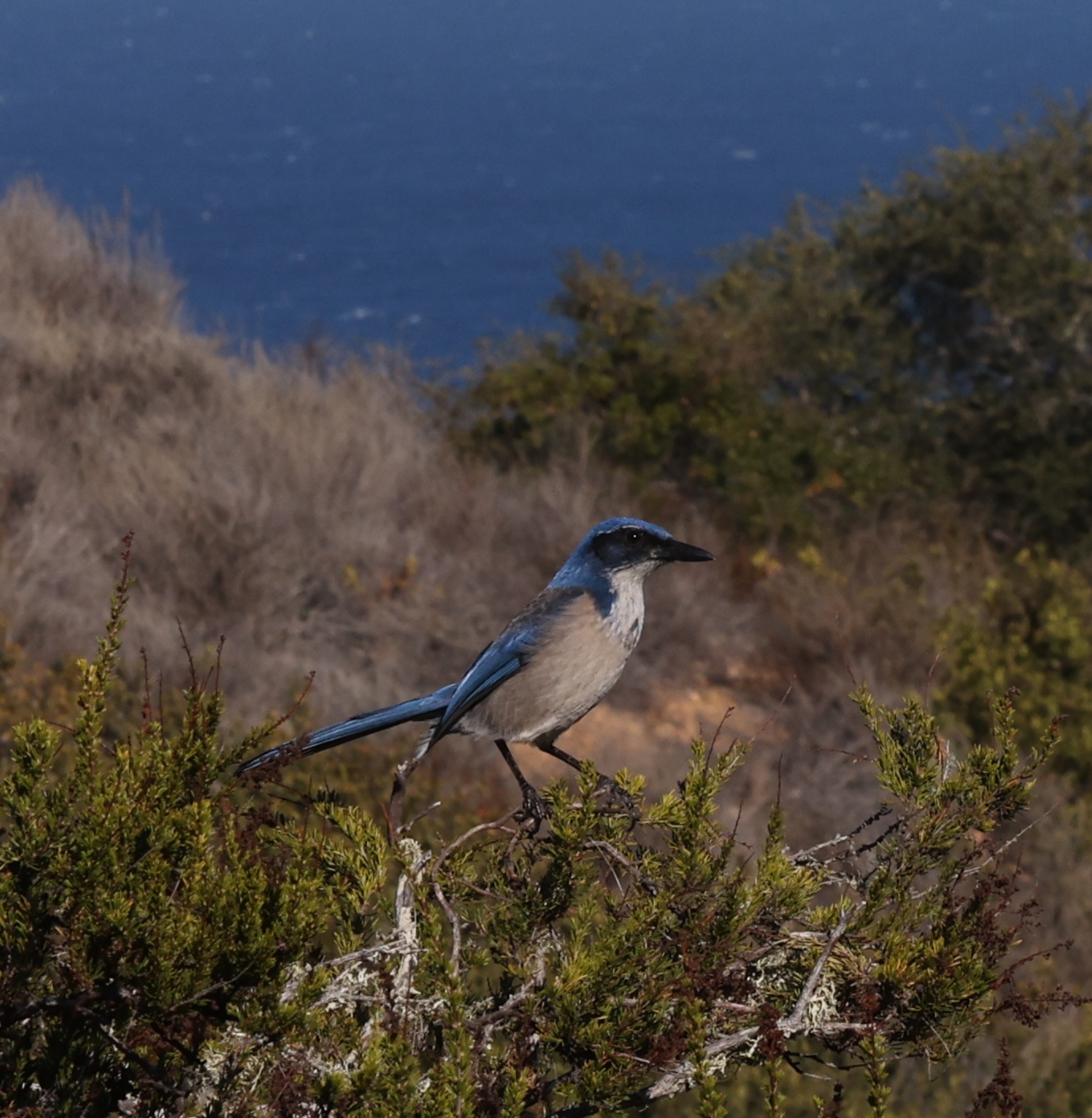
Map of Life Rapid Assessments team wins $2 million as runner-ups in the XPRIZE Rainforest Competition

The five-year XPRIZE Rainforest competition, which saw an initial 300 teams from around the world join to develop technologies for monitoring rainforest biodiversity, ended in November 2024 with the Map of Life Rapid Assessments (MOLRA) team officially announced as runner-up, taking home a $2 million prize to further develop and deploy their solution.
Since joining the competition in 2019, the MOLRA team has extensively developed and tested new strategies for rapidly surveying rainforest biodiversity along with other important ecosystem characteristics. These strategies include outfitting commercially available, lightweight drones with equipment to collect visual, audio, and environmental DNA (eDNA) samples and rely on the extensive biodiversity data engine that is Map of Life to support survey design, sample identification, and delivery of biodiversity insights for any site in the world.
In July of 2024, MOLRA competed against the five other finalist teams to identify as many species as possible in a rainforest site near Manaus, Brazil, over a 24-hour sample collection and 48-hour analysis period. From the more than 5,000 individual samples collected, MOLRA identified 225 different species all while demonstrating the scalability and accessibility of their monitoring solution.
The team brought a number of innovative solutions to the table that helped propel them to their second place prize: novel methods for processing eDNA samples in the field, low-cost rigs specializing the same drones to gather different data types, state-of-the-art AI algorithms for identifying species in collected samples, and an online dashboard for housing all data, facilitating participation by remote experts, and delivering biodiversity insights to stakeholders.
The recognition and prize money, along with the XPRIZE Foundation’s continued support to scale the winning solutions, will be used by MOLRA to refine their technologies and deploy their monitoring strategies in critical biodiversity locations worldwide.
Head to YaleNews to read the full story on the MOLRA team’s work and accomplishment.



